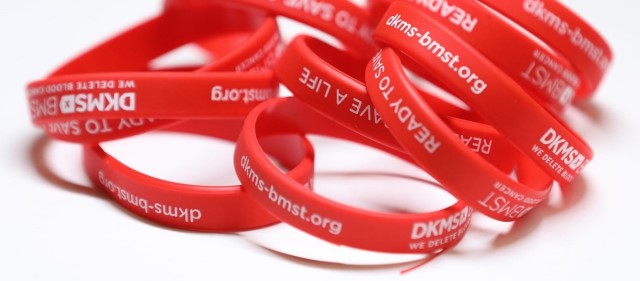Over 10,000 Annual Cases: Experts Call for Awareness
INDIA: Thalassemia, a genetic disorder affecting hemoglobin, presents a significant health challenge in India, with the world’s largest population of Thalassemia Major children and around 42 million carriers of the beta thalassemia trait. As the most prevalent genetic disorder globally and in India, Thalassemia Major requires focused attention. To combat this challenge, DKMS BMST Foundation India has come up with a Thalassemia Programme for such patients.
DKMS-BMST’s Thalassemia program has facilitated over 14,800 Thalassemia children and family members to receive free HLA typing, leading to 345 successful transplants and offering a transformative impact on their diagnostic accuracy and potential for stem cell transplantation.
The UN designates December 3rd as the International Day of Persons with Disabilities and aims to raise awareness and understanding of various disability issues and mobilize support for the dignity, rights, and well-being of persons with disabilities. Thalassemia, as a disability, can be cured with a stem cell transplant, but there is only a 1 in a million chance that someone comes up as a match for a patient, and Indian patients mainly require an Indian tissue match.
Dr. Sunil Bhat, Director and Clinical Lead of Pediatric Hematology, Oncology, and Blood and Marrow Transplantation at Narayana Health Group of Hospitals, said, “Because of International Day of Persons with Disability, it’s crucial to spotlight the challenges faced by Thalassemia patients in India. India is called the Thalassemia Capital of the World, as every year, more than 10,000 children are born with this genetic disease. Addressing the Thalassemia challenge in India requires a comprehensive approach, and stem cell transplantation is a cornerstone in this endeavor. It offers a real chance at a healthier life, disrupting the course of this genetic disorder and bringing newfound hope to individuals and their families. Thalassemia is a preventable genetic disorder, and prevalence has been brought down drastically in many countries with effective prevention strategies.”
Patrick Paul, CEO of DKMS BMST Foundation India, said, “The DKMS-BMST Patient Funding Programme and the DKMS-BMST Thalassemia Programme, integral to the DKMS mission, strive to enhance accessibility to transplantation for underprivileged patients in India. Collaborating with local NGOs and transplantation clinics, the Thalassemia program organizes events facilitating free HLA typing for pediatric patients and their siblings. DKMS Germany covers the associated costs. This initiative extends support to cases without matching siblings, aiding in an unrelated donor search. Since 2018, over 14,800 Thalassemia children and family members have received free HLA typing, leading to 345 successful transplants and offering a transformative impact on their diagnostic accuracy and potential for stem cell transplantation.”
To combat this challenge, DKMS BMST Foundation India has come up with a Thalassemia Programme for such patients. The program collaborates with local NGOs and transplantation clinics, organizing events facilitating free HLA typing for pediatric patients and their siblings. DKMS Germany covers the associated costs. This initiative extends support to cases without matching siblings, aiding in an unrelated donor search.
The DKMS-BMST Patient Funding Programme and the DKMS-BMST Thalassemia Programme, integral to the DKMS mission, strive to enhance accessibility to transplantation for underprivileged patients in India. With a vision to identify a matching donor within the family as well as support unrelated donor searches for patients who do not find a suitable match within their family.
Thalassemia is a preventable genetic disorder, and its prevalence has been brought down drastically in many countries with effective prevention strategies. However, India still faces a substantial burden of this condition, and experts call for awareness to combat this challenge. To register as a potential blood stem cell donor, please visit www.dkms-bmst.org/register.


